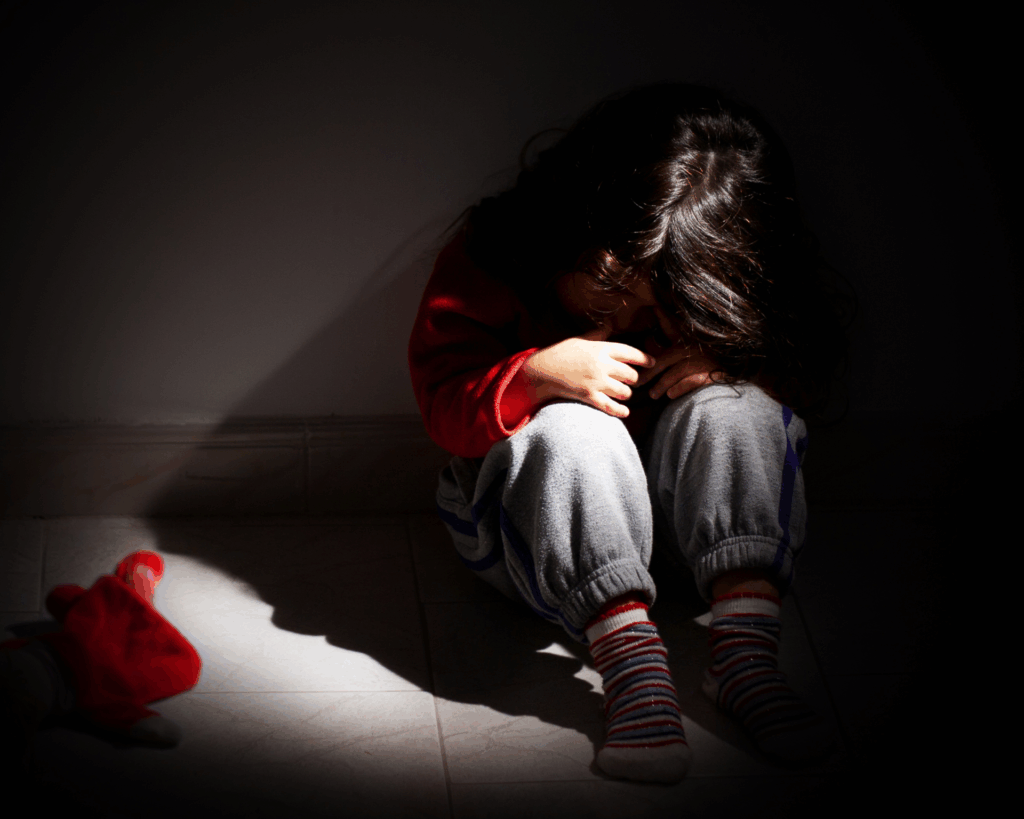Sally Satel on the Opioid Epidemic
Public Health Post sat down with Dr. Sally Satel, practicing psychiatrist at the Partners in Drug Abuse Rehabilitation and Counseling Clinic in Washington, D.C., to discuss the opioid epidemic.

Read Time: 6 minutes
Published:
Sally Satel is a practicing psychiatrist at the Partners in Drug Abuse Rehabilitation and Counseling Clinic in Washington, D.C. She is also a lecturer at Yale University School of Medicine, and is a resident scholar at the American Enterprise Institute. Satel is the author of Drug Treatment: The Case for Coercion and PC, M.D.: How Political Correctness Is Corrupting Medicine.
The opioid epidemic is a public health crisis, with 42,000 overdose deaths occurring in 2016. This staggering number was higher than any other year on record. Public Health Post sat down with Dr. Sally Satel to discuss the opioid epidemic.
PHP: What do you think is missing in discussions about the opioid epidemic that’s motivated you to focus, at least, part of your current work on it?
Sally Satel: Well, those are two different questions. What’s missing is money. One of the things that got me really interested were the misconceptions about what addiction is. For example, it shouldn’t surprise you that when you revive somebody with Narcan that they walk away. That really shouldn’t be a surprise, but I think that the idea was people would just regain consciousness and say, ‘Please take me to a treatment program.’ It does happen, and for some people, it is a profound wake-up call, but, for a lot of others, it’s not. … A lot of people who have drug problems don’t want treatment, and when they do enroll, the dropout rates are really significant. That shouldn’t surprise you if you have a broader understanding of addiction as more than a medical problem.
I think it’s the medicalization of addiction that actually spurs me to clarify what I think are some oversimplifications of the phenomenon. If my choices are a crime versus a disease, I’ll pick disease. Is it a moral failing versus a disease? I think these dichotomies are silly, yet politically relevant. I think you should really ask the question, ‘What kind of disease is it?’ It’s a condition that’s responsive to contingencies. It’s a process that has a logic behind it that people use drugs for reasons. Also, people are highly ambivalent about giving up their drugs because they serve a function for them, even in light of all the danger and damage its done. When you medicalize it too much and when you call it, for example, a ‘brain disease,’ which is what the National Institute on Drug Abuse does, I think that’s highly misleading.
PHP: Do you think this reframing of addiction can help implement better policies or better treatments? How do you think it can help how we’re tackling the epidemic?
SS: Why does one have to define addiction? You have a problematic behavior that has biological dimensions. Of course, if you stop a drug, in this case opioids, abruptly, you’re going to have a withdrawal syndrome. But a lot of the kinds of solutions are not something that a department of psychiatry or public health has anything to do with. How are you going to give somebody hope if they live in a place where there is very little economic opportunity? That’s difficult. I think there are solutions, but they’re not solutions that we can bring about if you think of addiction as more of a symptomatic response to something that’s wrong. In the acute phase, it looks more medical because you can detox people with medication. That looks medical, but then, the further out you get, the more behavioral and the more social it often looks.
PHP: What role do you think federal governmental policy can play in tackling the opioid epidemic, or do you think this is more of an issue for state or local policy?
SS: If you divide it into supply versus demand reduction, and if you think of supply as fentanyl and heroin, the illicit drugs, that’s DEA [Drug Enforcement Administration] and customs, which is clearly a federal function. Then, there’s the prescribing of painkillers, and every state has a prescription drug monitoring program. Almost half of states have laws or are about to have laws about prescribing limits. I understand where that comes from, and you can debate whether or not a state should be imposing those things. Demand reduction with a small ‘d’ is treatment. Demand reduction with a big ‘D’ is economic renewal and happier lives, which is beyond what we do. In the short term, I think they just have to throw money at it, and I think a lot of localities would do the right thing with money for foster care or substance abuse treatment programs. A lot of these communities have a sense of what they need, to the extent that it has to do with providing treatment. Money just has to be available.
PHP: Some states have been implementing marijuana legalization, and there’s some evidence that it’s helping. What are your thoughts?
SS: For people who are using marijuana as an alternative to opioids for pain relief, I know that it can be, for some conditions, a pretty good replacement. Or it can, at least, help a person use fewer opioids from their doctor. As for opioid addiction in the absence of physical pain, I know there’s some correlation, but I’m not sure what the causal relationship is. I could imagine that states that are, I’ll use the word, ‘progressive’ enough to have legalized marijuana are already states that have better treatment infrastructure.
PHP: Do you have any ideas about how we should better use our prison system to fight the epidemic?
SS: I’m all for diverting people, unless they’ve committed a violent crime. If we’re talking about people who are in drug courts, you would think that the supervision of the court, the incentives that they build into it, and medications would be an amazing combination, though there aren’t really good data on this yet. Obviously, if you’re incarcerated in the short-term and if you’re on methadone, it’s absurd to take someone off their medication. Then, if you’re incarcerated for a while, and you’ve been detoxed, then maybe vivitrol would be the right thing to put them on or maybe nothing at all. A lot of this is based on the individual. You could imagine certain patients going through a transforming experience in prison. For others, they’re in and out all the time. Anybody being discharged from a prison should have a better transition than they have now. But, again, if you’re at risk or if you think you’re at risk, then you should be given the option of being on medications as well.
This conversation was lightly edited for length and clarity.
Photo courtesy of Dr. Sally Satel.



